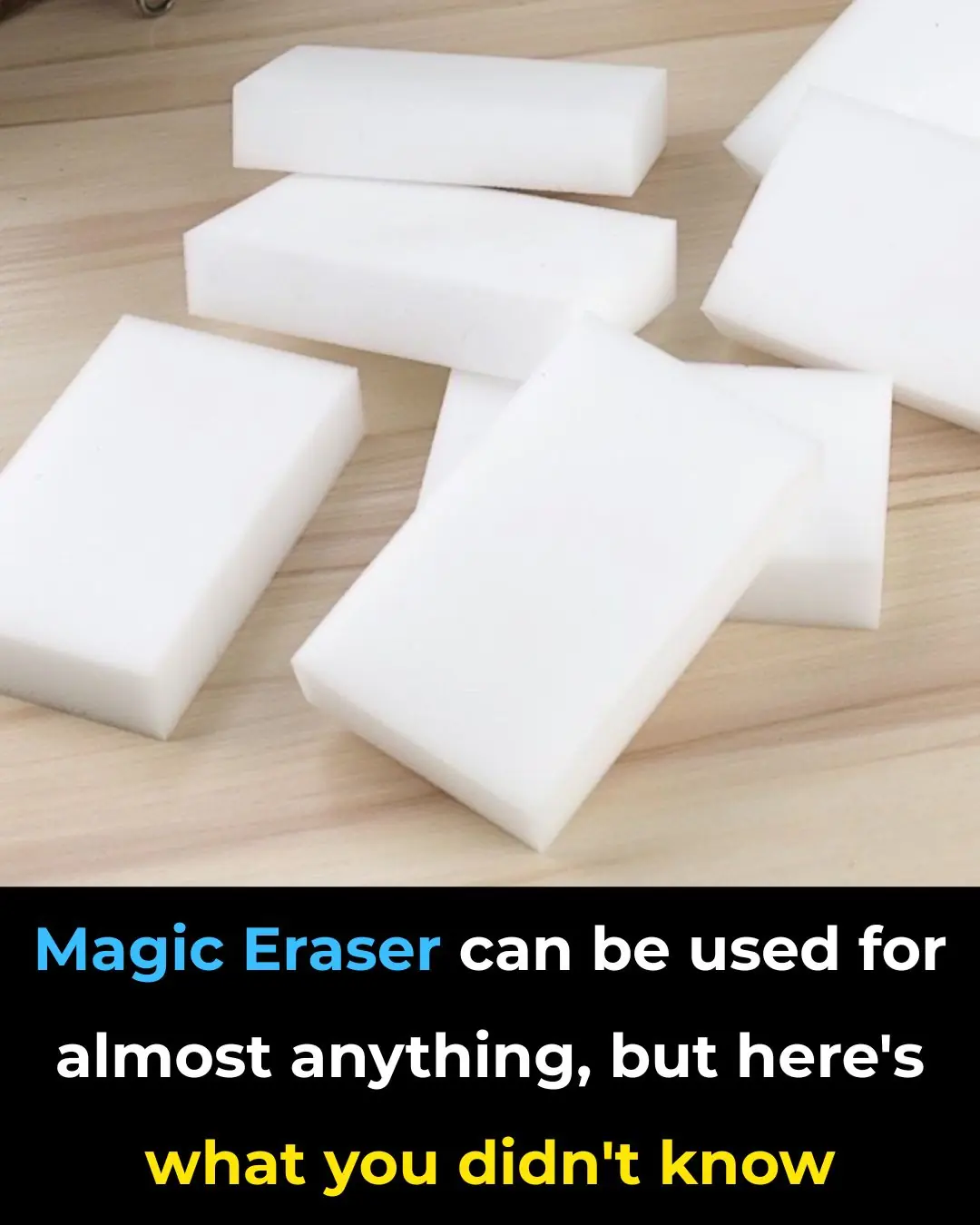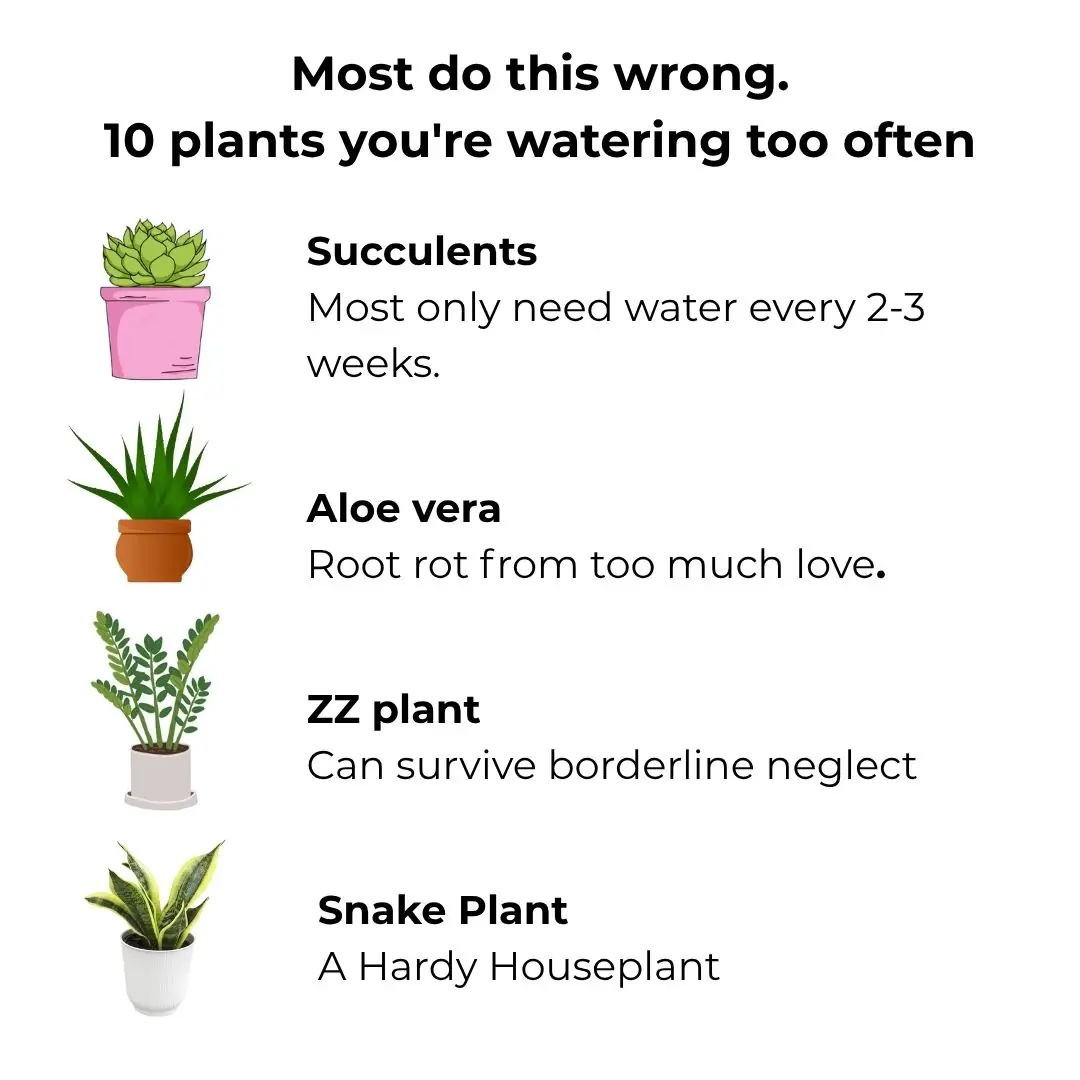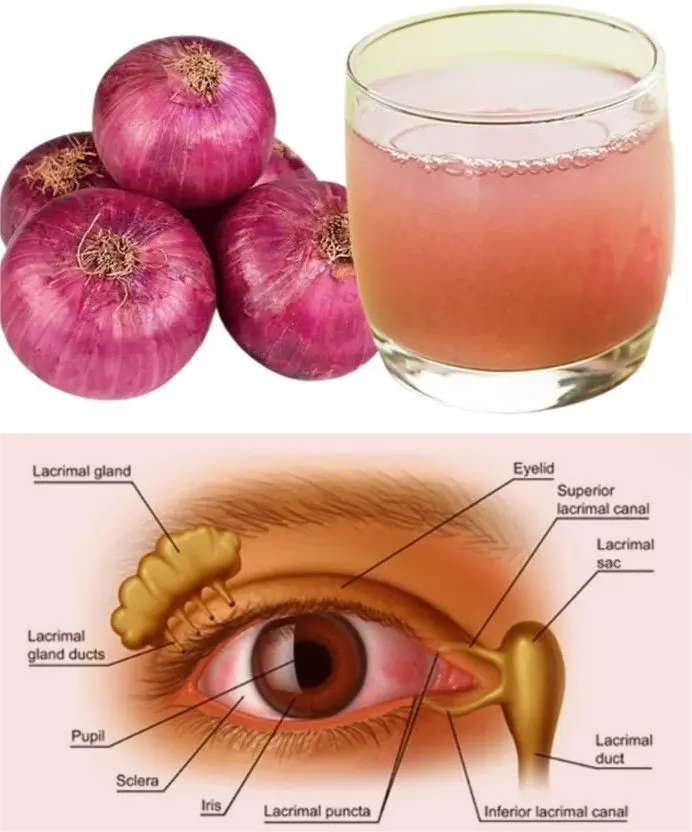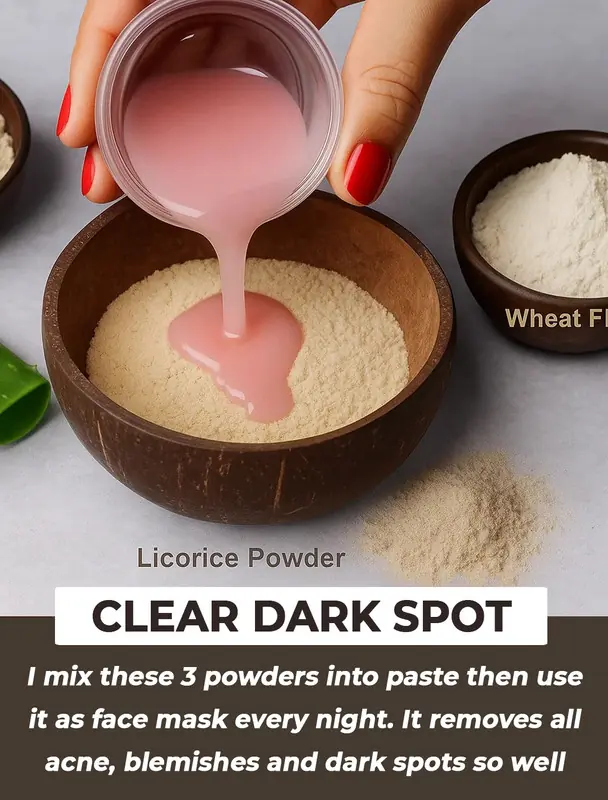
It's rainy and humid, and there's no dryer at home. Do this to dry clothes quickly and keep them from smelling bad.

Tips for Washing Clothes Effectively During Humid Weather
Use Antibacterial Laundry Detergent
Ordinary laundry detergents mainly remove dirt and stains but often have limited antibacterial properties. If bacteria are not effectively eliminated, they can cling to fabrics and cause unpleasant odors or even skin irritation.
To protect your health and ensure freshness, it’s best to use antibacterial detergents, liquid detergents, or specialized disinfecting solutions — especially during humid or rainy seasons when bacteria thrive. Some modern detergents are also infused with natural essential oils or enzymes that not only clean but leave clothes smelling fresh for longer.
Load the Washing Machine Properly
Always pay attention to the load capacity of your washing machine. Overloading it will prevent water and detergent from circulating properly, leading to poorly cleaned clothes and strain on the motor. On the other hand, washing too few items wastes water and energy.
A good rule of thumb is to fill the drum about 70–85% of its capacity. This ensures optimal cleaning results and helps extend the lifespan of your washing machine. Regularly cleaning the drum and detergent drawer will also improve washing performance and prevent mildew buildup.
Wash Clothes Early in the Morning
Morning is the best time to do laundry, especially when the weather is damp or cool. Washing clothes early gives them plenty of time to dry throughout the day when temperatures are higher and humidity is lower.
Avoid washing and hanging clothes at night — cooler air and higher moisture levels can slow the drying process and make fabrics smell musty.
Hang Clothes Immediately After Washing
Once the wash cycle is complete, take the clothes out and hang them right away. Leaving wet clothes in the machine for too long creates the perfect environment for bacteria and mold to grow, causing unpleasant odors and wrinkles.
If possible, spin-dry the clothes before hanging them to remove excess water and shorten drying time.
Use Hot Water When Possible
Hot water not only helps dissolve detergent more effectively but also kills bacteria and speeds up the drying process since moisture evaporates faster.
However, check the fabric label before using this method — some delicate materials may shrink or fade when exposed to high temperatures.
Prioritize Important Garments
During long rainy periods, prioritize washing clothes that are heavily soiled or needed for daily use, such as uniforms, undergarments, and work attire.
Thicker fabrics like jeans, jackets, or sweaters can be set aside until the weather is drier or can be lightly aired indoors to prevent musty odors.
Use Fabric Softener with Long-Lasting Fragrance
Fabric softeners not only make your clothes soft and smooth but also add a pleasant scent. On rainy or humid days, choose antibacterial fabric softeners that offer long-lasting fragrance protection to keep your laundry fresh and odor-free.
Some products even have quick-dry formulas that help moisture evaporate faster from fabrics.
Allow Space Between Clothes When Drying
When hanging clothes, make sure there’s enough space between each item to allow air circulation. Overlapping clothes prevent moisture from escaping, making them take longer to dry and leaving behind a musty smell.
If possible, place a fan or dehumidifier nearby to speed up drying indoors.
Avoid Drying Clothes in Bathrooms or Restrooms
While homes with balconies or dedicated drying areas can air-dry laundry easily, those with limited space need to be careful. Bathrooms and restrooms are generally damp and poorly ventilated, making them unsuitable for drying clothes.
The humidity and bacteria present in these spaces can make garments smell unpleasant and take much longer to dry. Instead, choose a dry, ventilated area in your home, and take advantage of sunny breaks between rains to bring clothes outside.
Iron Clothes to Remove Moisture Completely
Once your clothes are almost dry — just slightly damp to the touch — bring them inside and iron them on a low or medium heat setting.
Ironing not only smooths out wrinkles but also helps remove the remaining moisture, leaving your clothes fully dry, fresh, and crisp. For thicker fabrics, use steam or a higher heat setting to ensure they’re completely dry before folding or storing.
Extra Tip:
To keep your laundry smelling fresh during long rainy seasons, place moisture absorbers or natural deodorizers (like baking soda or activated charcoal) in your drying area. They help maintain low humidity and prevent musty smells from forming.
News in the same category


Why do we have to leave our phone face down on the table when we are not using it?

Hanging a towel on the door handle before bed: Unexpected benefits but few people know

Tips for conditioning your hair with over-cooked bamboo shoots

Treat premature gray hair thanks to the black dye formula

What Are These Strange Black Dots In Your Kitchen

Magic Eraser can be used for almost anything, but here's what you didn't know

Wrong understanding turns water purifiers into diseases, remove them immediately to avoid harming the whole family

The house is full of dust even though it is cleaned regularly

Pour hot water over the apple

Add this one thing to cooked rice to make it 10 times more delicious and the nutritional value also increases many times.

Boil pork that is both red and fishy: Drop this into the pot, the meat will cook evenly and release all dirt.

Tell mom how to make standard, crispy and irresistibly delicious banh xeo

Stop ruining leftovers with these 10 mistakes

You're doing it all wrong. Here’s the right way to store tomatoes

You’re doing it all wrong. Here’s the right way to vacuum carpets

Most do this wrong. 10 plants you’re watering too often

Most don’t know. 12 brilliant ways to use WD-40 around the house

When frying lolot leaf patties, remember to take an extra step so the patties turn out fragrant, bright green, and not darkened.
News Post

Can Onion Juice Gently Support Eye Health? A Natural Tip to Try

Bed Bugs Hate This! How Diatomaceous Earth and Cloves Can Wipe Them Out

These are the consequences of sleeping with the…

5 Common Foods That Often Contain Parasites — Many People Eat Them Daily

1 Vitamin Stops Calcium Buildup in Arteries and Heart

S:ida Acuta: Exploring the Healing Properties of this Herbal Remedy

DIY Flaxseed Collagen Night Gel for Hydration and Rejuvenation

10-Day Licorice Treatment for Dark Spots: Fade Pigmentation and Achieve Glowing Skin Naturally

Easy Recipe to Make ABC Collagen Ice Cubes at Home: The Secret to Glowing, Firm Skin

2 Mins Black Shampoo For Grey Hair

Why this doctor refuses to prescribe statins for high cholesterol

The 'divine' secret to frying

Why do we have to leave our phone face down on the table when we are not using it?

Hanging a towel on the door handle before bed: Unexpected benefits but few people know

Tips for conditioning your hair with over-cooked bamboo shoots

Treat premature gray hair thanks to the black dye formula

What Are These Strange Black Dots In Your Kitchen

Magic Eraser can be used for almost anything, but here's what you didn't know

Wrong understanding turns water purifiers into diseases, remove them immediately to avoid harming the whole family
